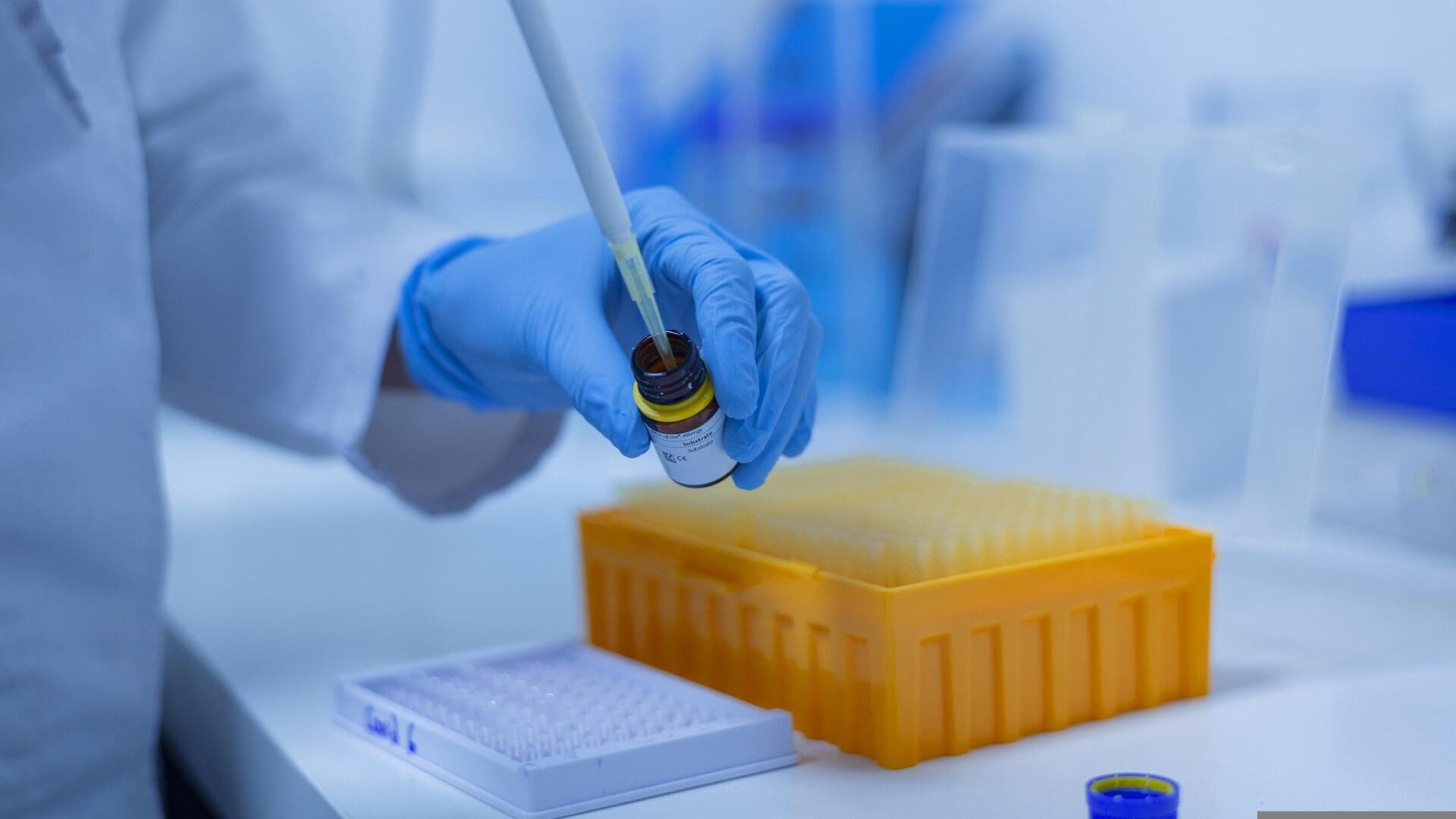Highly active and low-dose applicable new Hungarian cancer drug molecule candidates have been developed by researchers at Eötvös Loránd University (ELTE) as part of the Szint-Plusz Area of Excellence Programme, ELTE announced on Wednesday, 18 October.
Researchers from ELTE’s Department of Organic Chemistry have developed a derivative called TBP-333, which is uniquely substituted with two fluorine atoms and one chlorine atom and serves as a more effective cancer drug candidate than any before it.
It should be noted that tumour-related diseases are among the leading causes of death worldwide. Since the 1990s, there has been a significant increase in the number of cancer patients, and in 2022, the total number of deaths due to cancer in EU member states and the United Kingdom approached one and a half million. The treatment of cancerous changes is a significant challenge. Traditional chemotherapy treatments involve using drugs that destroy the majority of cancer cells while also causing significant harm to healthy cells, resulting in numerous side effects. Another serious problem is the recurrence of cancerous tumours associated with metastases and the frequent development of resistance to chemotherapy agents.
This is why targeted oncological therapeutic procedures, focusing on molecular-level inhibition of uncontrolled division of cancer cells with faulty cell cycle regulation, have played a prominent role in recent years. These treatments target specific molecules within cells, such as proteins. In recent years, the United States has registered small-molecule potential cancer drugs, such as imipridones targeting the ClpP protein, which are representatives of this class, including ONC-201 and ONC-212.
Research on developing cancer drugs is also underway at the Faculty of Science at ELTE with the support of the Szint-Plusz Area of Excellence Programme. Researchers at the Department of Organic Chemistry have produced more than 140 new compounds. Among these,
the derivative designated as TBP-333, with its specific substitution of two fluorine and one chlorine atom, proves to be a potential cancer drug candidate more effective than any before it.
According to comparative tests, the new Hungarian drug significantly surpasses the most promising drug ONC-212 from the United States, which will soon undergo human clinical tests on patients suffering from pancreatic carcinoma and leukaemia, two diseases associated with a high degree of resistance to chemotherapy treatments. TBP-333 affects the PANC-1 pancreatic carcinoma cells in a much less burdensome manner for the body from a toxicity perspective. Therefore, the expected mitigation of harmful side effects enables its tumour-inhibiting effects even with doses several orders of magnitude smaller than ONC-212. It has been measured that the TBP-333 compound is able to destroy 50 per cent of PANC-1 pancreatic carcinoma cells at about 4,000 times lower doses than ONC-212.
The effectiveness of the candidate drug has been confirmed by numerous studies conducted on various human cancer cell lines, and animal experiments on hormone-independent aggressive breast cancer models also clearly demonstrate its exceptional efficacy.
The ELTE research group is led by Professor Antal Csámpai, and the structure-effect relationship recognized by them forms the basis of their patent application.
The TBP-333 compound has also been internationally proven, and research conducted in cooperation with the Toronto research group confirmed its effectiveness. For the clinical application of the candidate drug to be possible extensive biological research is first required.
Related articles:
Sources: Hungarian Conservative/ELTE








